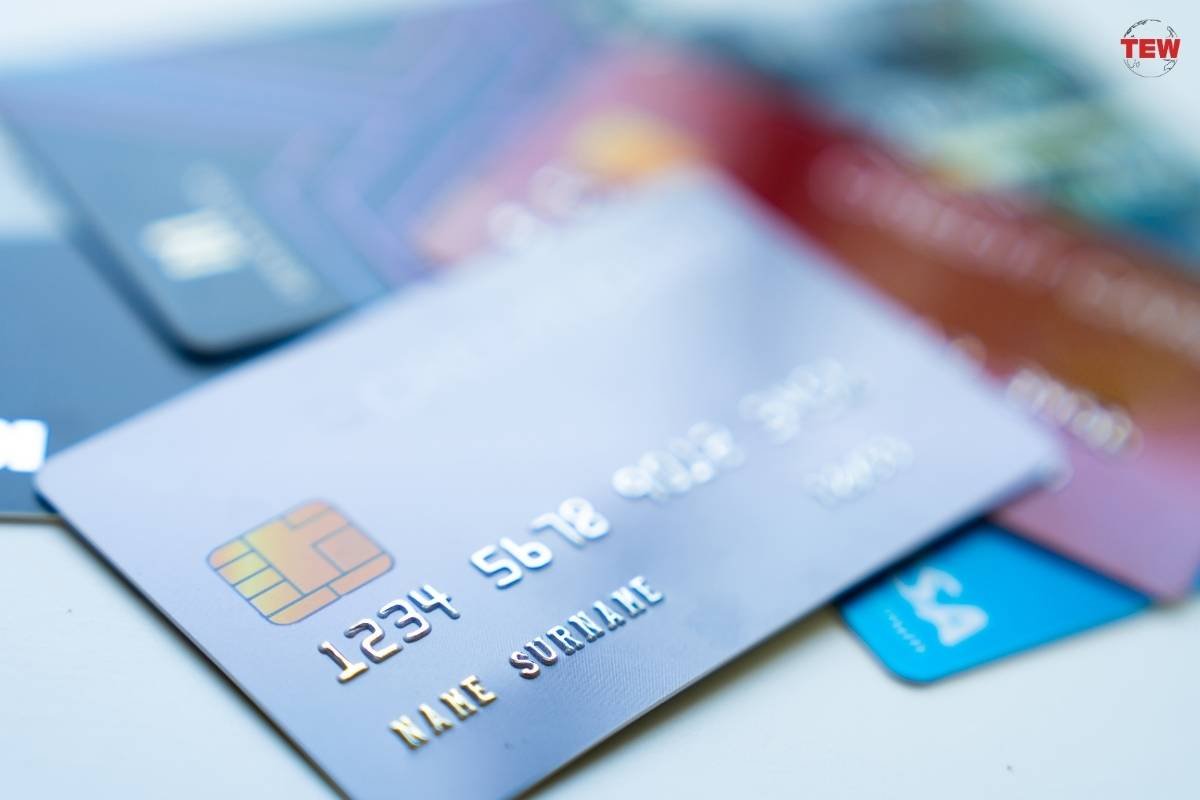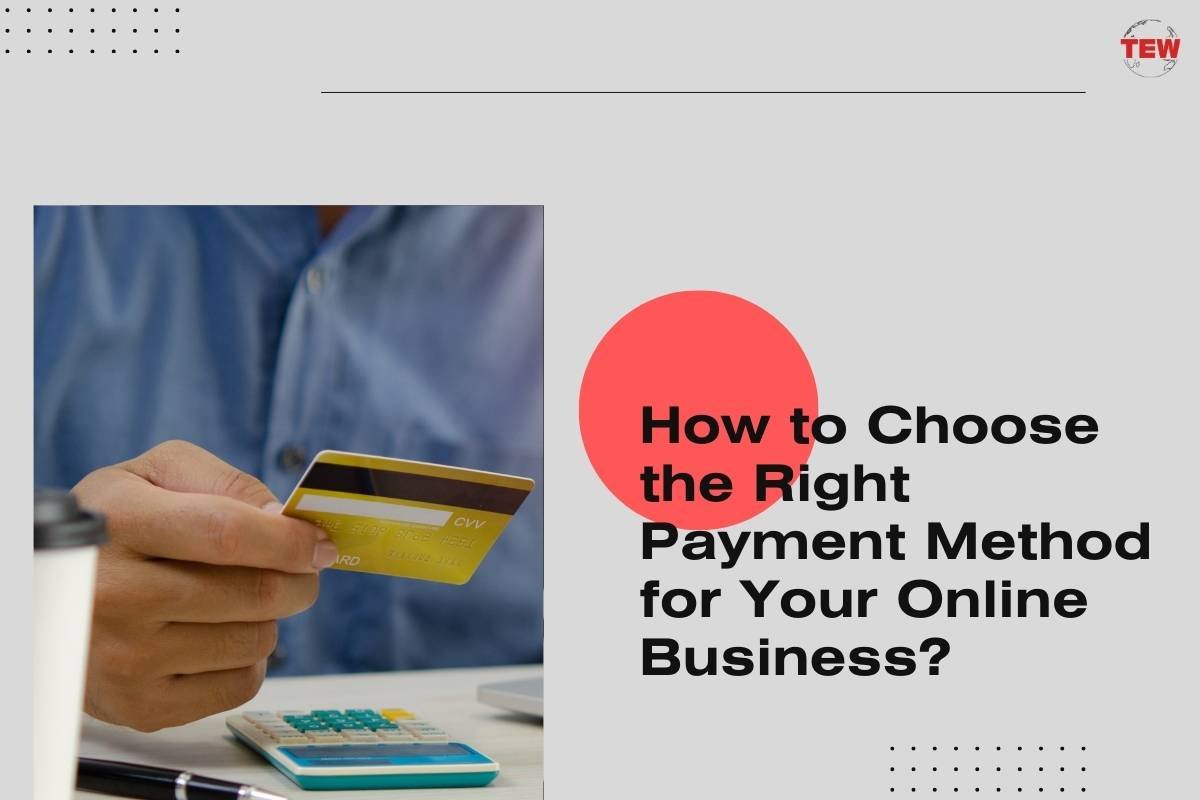In the ever-evolving landscape of online commerce, the story of a small business that skyrocketed its sales by meticulously choosing the correct payment methods serves as a beacon for many. This tale underscores the importance of understanding your audience’s payment preferences, weighing the costs and security of different gateways, ensuring seamless integration with your platform, and monitoring processing speeds to enhance customer satisfaction. Moreover, it highlights the necessity of staying ahead of the curve by adapting to new payment technologies, ensuring your business remains competitive and future-proof. Through expert advice, this article will guide you through the nuances of selecting the ideal payment method for your online business, ensuring you make informed decisions that propel your venture toward success.
Assessing Your Target Market’s Payment Preferences
Experts at ZEN.COM say that understanding your target market’s payment preferences is crucial for your online business’s success. It’s not just about offering a wide range of payment methods; it’s about aligning those options with your customer’s needs and habits. Research indicates that customers are more likely to complete a purchase when their preferred payment method is available. This means diving deep into market research to uncover the popular payment methods and understanding regional preferences, the demographic’s comfort level with technology, and any potential barriers to payment completion.

For instance, younger demographics lean towards mobile payments and digital wallets, while other segments may still prefer traditional credit card payments or bank transfers. Ensuring that your online business supports the right mix of payment options can significantly reduce cart abandonment rates and enhance customer satisfaction. Remember, the goal is to make the payment process as seamless and frictionless as possible, catering to the undefined expectations often accompanying online transactions.
Understanding the Costs: Comparing Payment Gateway Fees
Choosing the right payment gateway for your online business involves carefully analyzing various fees associated with each option. These fees can significantly impact your bottom line, so understanding the charges you may encounter is crucial. Transaction, monthly, and setup fees are the most common, but some gateways also impose charges for things like chargebacks, international payments, and currency conversion. To ensure a cost-effective decision, consider the following:
- Transaction Fees: Typically, they are a percentage of the sale plus a fixed fee. Compare rates, as they vary widely among gateways.
- Monthly Fees: Some gateways charge a monthly service fee regardless of transaction volume, which can be burdensome for new or small businesses.
- Setup Fees: Initial setup fees are less common but can be a factor in your decision, especially for businesses with lower setup budgets.
- Additional Fees: Be aware of extra costs like chargeback fees, which occur when customers dispute a charge. If your business operates internationally, you may also need currency conversion services to handle multi-currency transactions efficiently. Some payment gateways offer built-in solutions for currency conversion, but their fees and exchange rates can vary, impacting your overall costs.
When evaluating payment gateways, it’s also essential to consider the integration capabilities with your current systems and the user experience for your customers. A seamless checkout process can reduce cart abandonment rates and increase customer satisfaction. Moreover, some gateways offer advanced features such as fraud protection and data analytics, which, while potentially adding to the cost, can provide significant value to your business in the long run. By carefully comparing the fees and features of each payment gateway, you can select the option that best aligns with your business needs and budget.
Prioritizing Security: Selecting a Safe Payment Method
Ensuring the security of online transactions is paramount for any online business. A breach in payment security can lead to significant financial losses and damage a company’s reputation. That`s why it is important to become a payment provider, which is safe and has great capabilities for its clients. Implementing robust encryption methods and compliance with international security standards, such as PCI DSS (Payment Card Industry Data Security Standard), are essential to safeguarding customer information. Case studies from leading e-commerce platforms highlight the effectiveness of advanced fraud detection tools and real-time monitoring in minimizing risks associated with online payments.

Consumer trust is a critical component of a successful online business, and selecting a widely recognized and trusted payment method can significantly enhance this. Payment solutions like PayPal or ZEN are known for their strong security measures and user-friendly interfaces, making them popular choices among businesses and consumers. These platforms offer end-to-end encryption and provide additional layers of security, such as two-factor authentication (2FA), which further protects against unauthorized access. Building on these measures, payment network tokenization is often a widely adopted security feature offered by major card networks that replaces sensitive card information with unique, transaction-specific tokens.
This approach helps reduce the risk of fraud, protect cardholder data, and improve authorization success across digital payments.
Integrating Payment Methods: Ensuring Compatibility with Your Platform
Selecting the appropriate payment methods for your online business involves more than just evaluating transaction fees and payout times. A critical aspect to consider is the compatibility of these payment solutions with your current platform. This ensures a seamless integration process and a smooth transaction experience for your customers. To achieve this, follow these steps:
- Assess Your Platform’s Technical Requirements: Understand the technical specifications of your e-commerce platform or website to ensure the payment gateway can be integrated without issues.
- Consider Your Customer’s Preferences: Analyze your target market to determine your customers’ most popular payment methods, ensuring you cater to their needs effectively.
- Review Security Features: To protect your customers’ data, ensure that the payment method adheres to international security standards like PCI DSS.
Evaluating Payment Processing Speeds for Customer Satisfaction
When considering the customer’s journey on your online platform, the speed at which transactions are processed must be increased. A seamless and swift payment process significantly enhances the user experience, leading to higher satisfaction rates and increased loyalty. Customers expect quick and efficient transactions, and failing to meet these expectations can lead to cart abandonment and decreased conversion rates. Online businesses must integrate payment solutions that not only offer security and flexibility but also ensure that the processing time is minimized.
Research has consistently shown that a delay in payment processing can drastically affect the perception of your business’s reliability and professionalism. In a digital age where consumers are accustomed to instant gratification, even a slight delay can be a deal-breaker. This is why working with payment processors that provide real-time or near-real-time transaction processing is essential. By doing so, you improve the customer experience and position your business as a credible and trustworthy entity in the online marketplace.

To maintain a competitive edge, it’s imperative to review and optimize your payment processing systems regularly. This involves not just evaluating the speeds of transactions but also considering the integration of new technologies and payment methods that cater to consumers’ evolving needs. Adopting innovative payment solutions that offer faster processing times without compromising security can significantly contribute to customer satisfaction and, ultimately, the success of your online business. In conclusion, the right payment processing speed is critical in ensuring a positive customer experience and fostering long-term loyalty.
Future-Proofing Your Business: Adapting to Emerging Payment Technologies
As online commerce continues to evolve, the importance of staying ahead in payment technology cannot be overstated. Businesses that adapt to emerging payment methods cater to a broader audience and enhance the customer experience, leading to increased loyalty and sales. The landscape is rapidly changing from digital wallets like Apple Pay and Google Wallet to cryptocurrencies such as Bitcoin and Ethereum. Incorporating these technologies into your payment options can set your business apart. It’s crucial to assess the compatibility of these new payment methods with your current systems and ensure they align with your customer demographics and preferences.


















